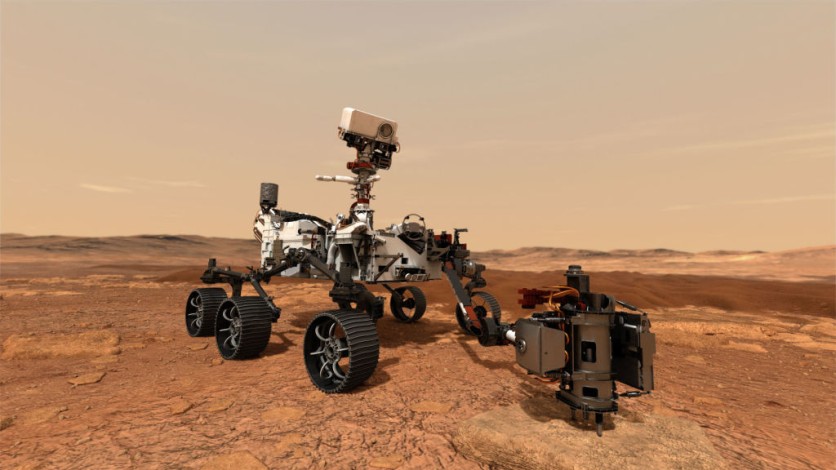The Mars Oxygen In-Situ Resource Utilization Experiment (MOXIE), conducted by NASA, has demonstrated the potential for future human life on Mars by producing enough oxygen to support a small dog for 10 hours.

Mars Experiment
The 40-pound, microwave-like MOXIE gadget, which was deployed aboard the Perseverance rover back in February 2021, intends to create a process for creating breathing air and rocket fuel for future humans.
The difficult but manageable resource of oxygen was extracted by MOXIE from the Martian atmosphere using an electrochemical method. With astounding efficiency, the system was able to remove a single oxygen atom from each carbon dioxide molecule.
By extracting oxygen atoms from carbon dioxide molecules, this ground-breaking method might transform space research and open the door for further space missions.
Fruitful Results and Future Plans
The success of MOXIE, according to NASA's deputy administrator Pam Melroy, shows that it is possible to harvest oxygen from Mars' atmosphere, which might fundamentally change how future humans are supplied with breathing air and rocket fuel. A lunar presence, a thriving economy, and the first human expedition to Mars are all possible thanks to this huge advancement in sustainable space travel.
The groundbreaking technology that is "MOXIE" demonstrated its potential by producing 122 grams of oxygen, or 10 hours worth of usage for a small dog. Its peak output was double the initial NASA objective, or 12 grams of oxygen per hour, demonstrating the initiative's flexibility and resiliency.

ⓒ 2025 TECHTIMES.com All rights reserved. Do not reproduce without permission.




